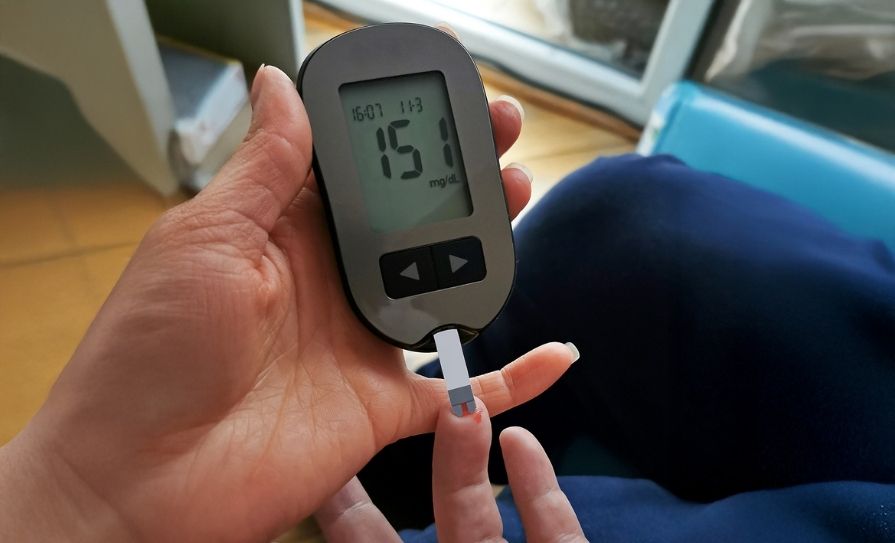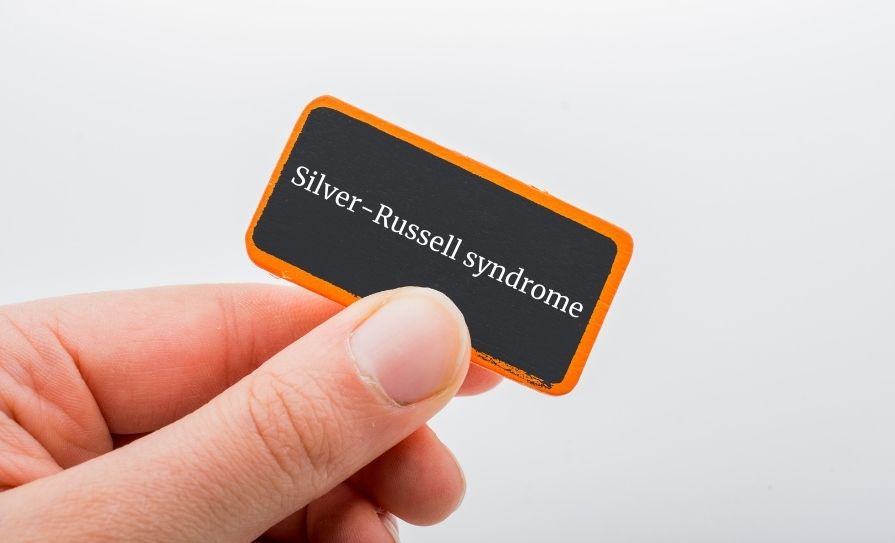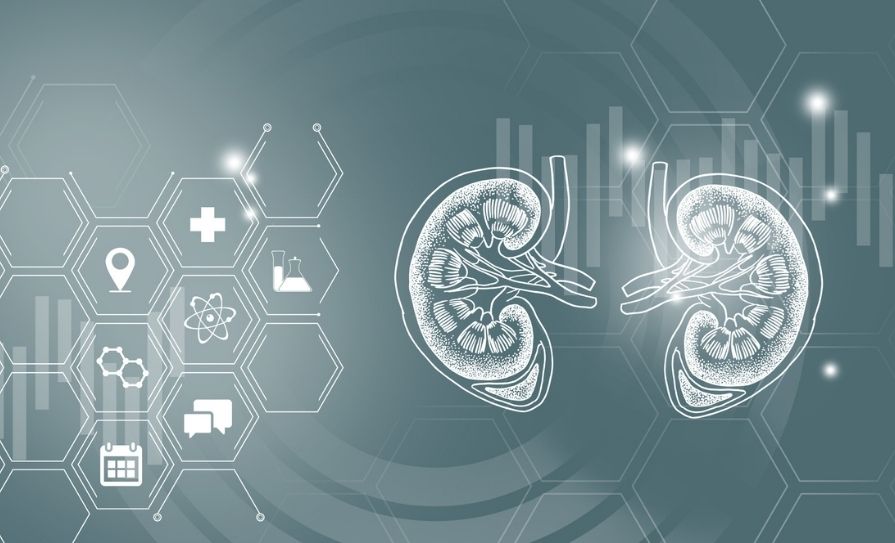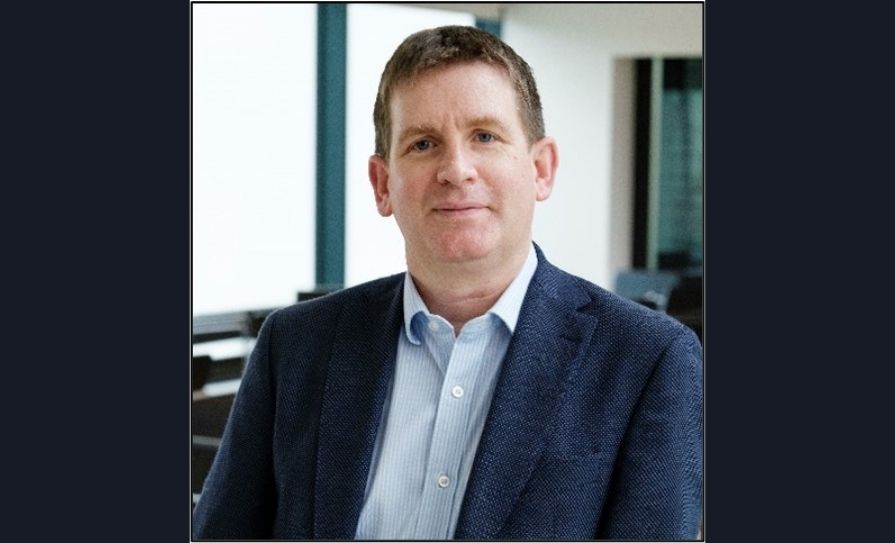The impact of burnout on consultants was a central focus of the recent IHCA Annual Conference.
Dr Graham Billingham, Chief Medical Officer, MedPro Group, said he believed the pandemic “poured gasoline” on the problem of burnout that existed prior to Covid-19.
Dr Billingham said one of the lessons that needed to be learned, “especially coming from the younger generation [of doctors], is the need for work-life balance.”
He added that the impact of working long hours must be a focus for the health service.
Dr Billingham said that “certainly in the United States this move to medicine being almost less personal and more transactional, more a business – that also has an impact [on doctors]”.
“The traditional model [of medicine] and society’s expectations of who a doctor is and what a doctor is, that is changing.”
Speaking to the Medical Independent at the conference, IHCA President Prof Robert Landers said he was not convinced that health service management understood the challenge posed by burnout among consultants.
Before the conference commenced, Prof Landers highlighted that “studies undertaken by colleagues have quantified that almost eight in every 10 consultants are screening positive for burnout”.
“You look at the numbers – some 910,000 people waiting to be assessed and treated by a hospital consultant, over 900 permanent hospital consultant posts unfilled, and you worry. When you see the working conditions and demands placed on people in a hospital environment, in particular non-consultant doctors who are in the formative part of their careers, you worry.”
The conference was also addressed by Dr Íde Delargy, Medical Director of the Practitioner Health Matters Programme (PHMP), who noted that “burnout” was the most common presentation to the PHMP service.
“That presents in a way that the doctor is unable to sleep, is ruminating excessively, is feeling overwhelmed, stress, unable to cope. I mean in many cases they come forward and say: ‘Look, I want to quit; I want to give up; maybe I’m not a good fit’; and [that] the service demand is overwhelming,” she told delegates.
However, Dr Delargy added that when the programme engages with the doctor “there can be anxiety, there can be other underlying issues that have triggered this level of despair for an individual”.
“Simply the act of listening and talking that through, for many that is all that they need in order to help them recover and get back to being fully functional again.”













Leave a Reply
You must be logged in to post a comment.